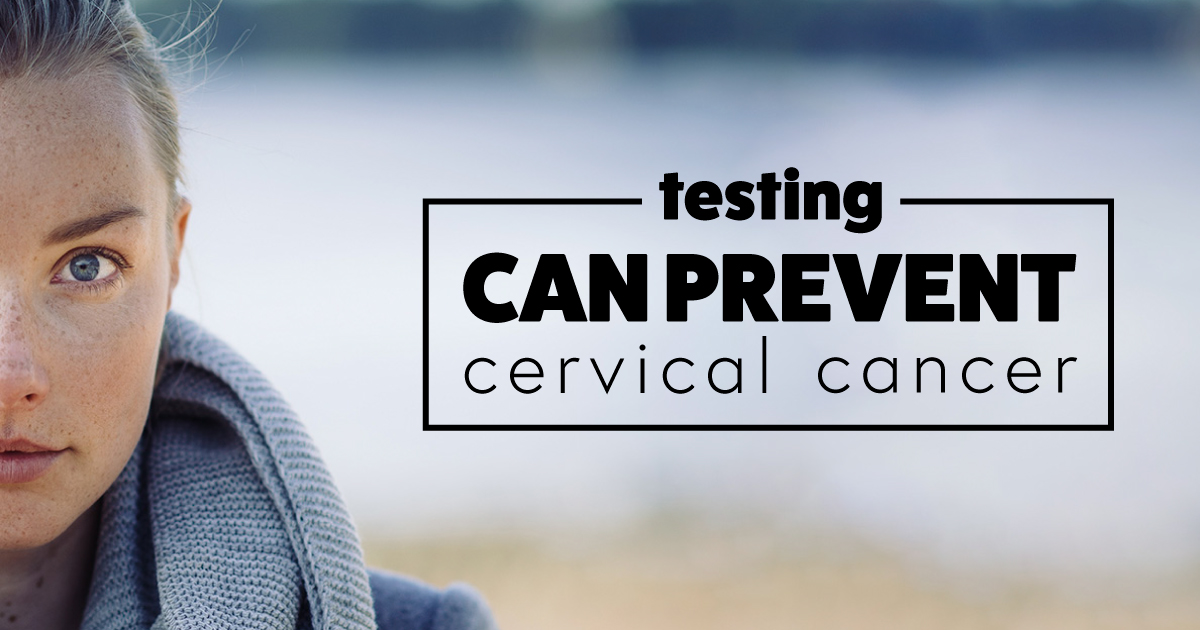
Either you have a cervix—the narrow opening from the uterus into the vagina—or you love someone who does. No matter which group you’re in, cervical cancer is something you should know about. In honor of Cervical Health Awareness Month, here are five facts worth knowing about the disease.
- Cervical cancer is more common than you might think.In fact, it’s the fourth most common type of cancer among women worldwide. Some 13,000 people in the U.S. are diagnosed with cervical cancer every year—and more than 4,000 die from it.
- Younger people are more likely to be affected. Unlike many other cancers where risk increases with age, people are most prone to cervical cancer between the ages of 35 and 44. It can develop in older women over 65, but usually only if they aren’t getting screened regularly. And it rarely occurs in women under 20.
- It has a specific cause.Over 70% of cervical cancer cases can be attributed to two different strains of the human papillomavirus (HPV), a common sexually transmitted infection. HPV usually clears up on its own within two years, and most women never even realize they have it. But sometimes it can stick around and cause abnormalities in cells in the cervix. Occasionally these abnormalities turn into cervical cancer.
- It’s highly preventable.The first and easiest step? Make sure both girls and boys get the HPV vaccine. Older people can get immunized, but the vaccine is most effective if someone is vaccinated well before they become sexually active. Regular Pap and HPV tests are essential too. It can take years or even decades for abnormal cervical cells to morph into cervical cancer. That means there’s often plenty of time for the abnormalities to be caught before they become serious.
- Knowing the symptoms can help.Cell changes and early cases of cervical cancer don’t usually cause symptoms. But when cervical cancer progresses, it can often cause symptoms such as:
- Abnormal or irregular vaginal bleeding.
- Pain during sex.
- Pelvic pain not related to your period.
- Heavy or unusual vaginal discharge.
- Pain during urination.
- Urinating more often than usual.
Having these symptoms doesn’t necessarily mean that you have cervical cancer. But if you have them, see your doctor to figure out what’s going on.
Find out even more
Learn what you can do to reduce your cervical cancer risk.
Original Source: https://pennstatehershey.netreturns.biz/HealthInfo/Story.aspx?StoryId=3189d7e2-ef0b-44cb-8406-8f4b5b69b26e#.XX-q1mlKiUk